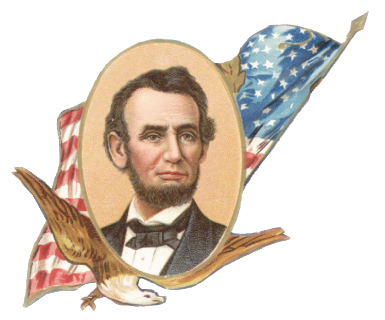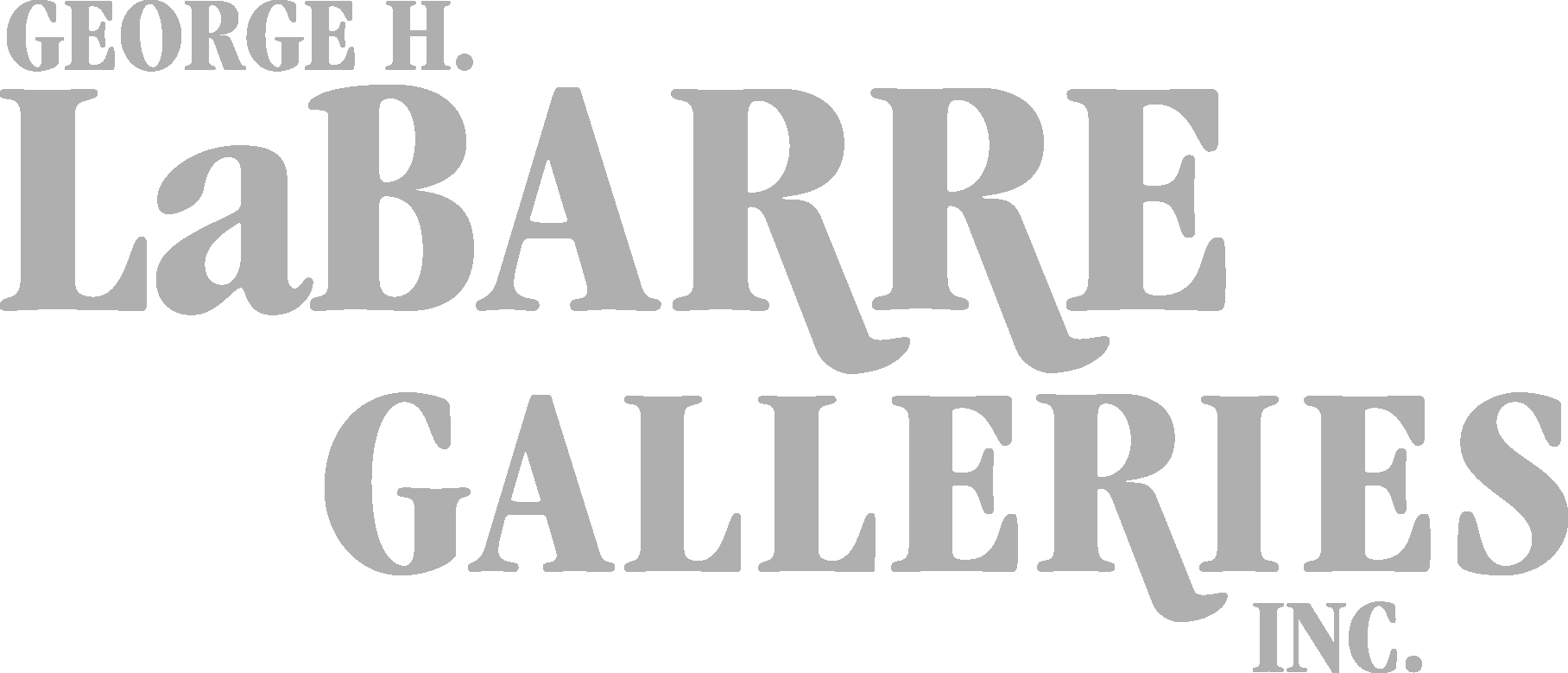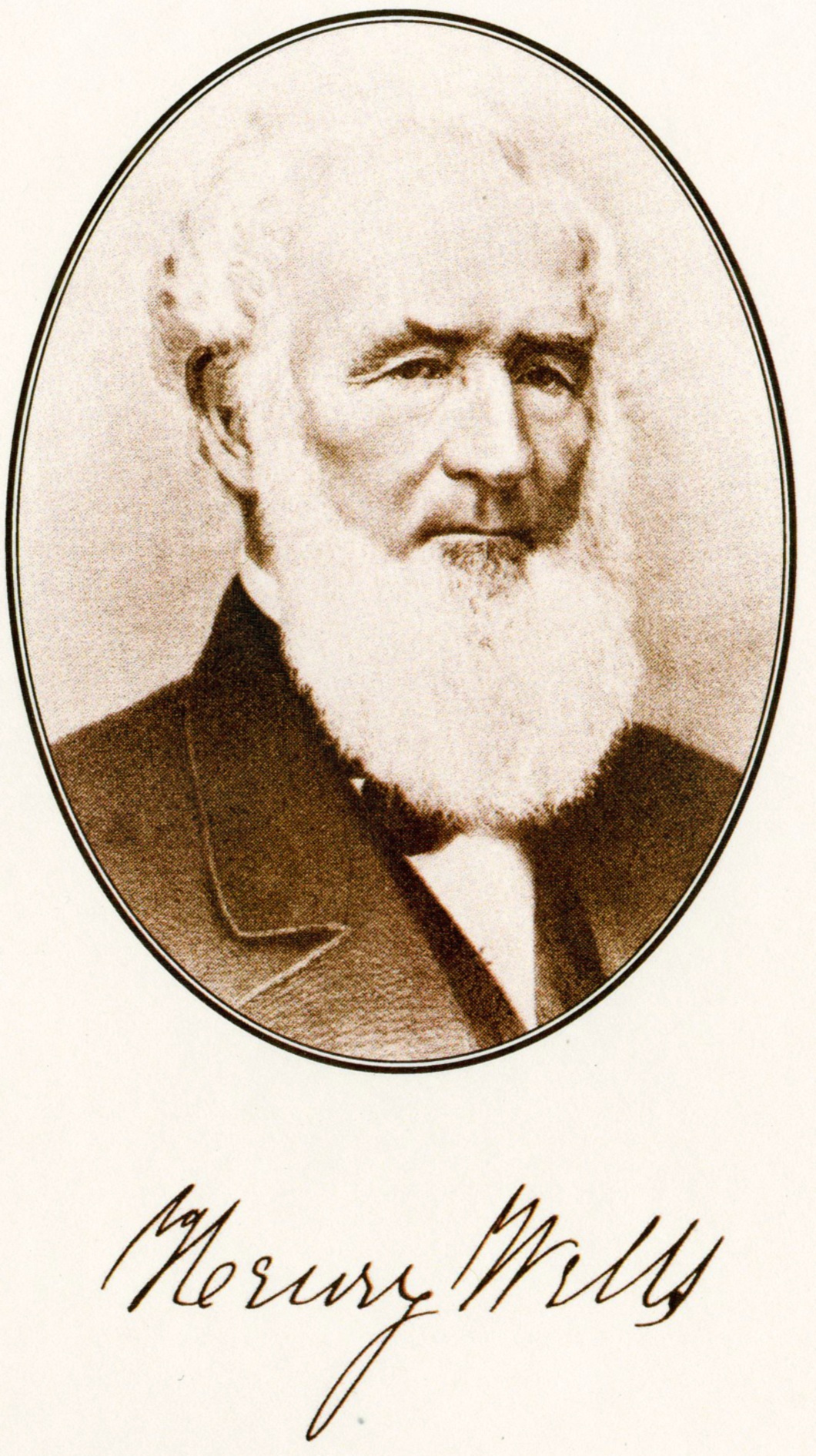

The following gave a small sampling of very brief biographies of some of the most popular American financial figures. President McKinley was included though he was more political than financial. There is no question that autographed stocks and bonds have often been the focus of many collectors. As with most collectibles, emphasis is always towards the very “best”. Though graphics can often be very exciting, autographs tend to be among the most historic and among the most valuable. These biographies were published in The LaBarre Newsletter, Issue 3, Summer 1981.
Reference: Biography
In this issue. we continue the popular biographical section begun in the last issue. Biographical information can aid in establishing the historical significance of an individual which may in turn translate directly into autograph value in stocks and bonds. In our next issue, an in-depth discussion of biographical reference sources themselves will be offered to aid our readers in searching out these potentially lucrative biographical facts.
FLAGLER, Henry (1830-1913). Born of poor parents in New York State, Flagler tried his hand at several commercial ventures until finally tying up with John D. Rockefeller and the Standard Oil Company in the1860's. Flagler turned in mid-life to the development of Florida. He was chiefly responsible for both the birth of the railway system and the tourist industry in that state.
GOULD, Jay (1836-1892). Born in New York State, Gould parlayed his earning as a surveyor into lumber interests, instrastate railroads, and ultimately a vast empire of railroad holdings stretching from coast to coast. By the time of his death, Gould controlled at least 10% of the entire railway system in the U.S.
HUNTINGTON, Collis P. (1821 - 1900). Huntington was another futurety coon born in poverty, this time in Connecticut. Beginning as a peddler and storekeeper in New York State. Huntington started up a mercantile business in California after 1849 to supply the Gold Rush. Success in this venture eventually led to his timely investment in western railroads which ultimately became his all-consuming interest and the industry with which his name is so closely associated.
McKINLEY, William (1843-1901). Even before he became a member of the House of Representatives, Ohio-born McKinley engaged in business ventures such as the Canton Building Association. He also co-signed promissory notes for an old friend which were called when the friend’s company failed in 1893. McKinley was eventually saved from bankruptcy by donations from friends and political supporters.
MORGAN, J. Pierpont (1837-1913). Morgan came from a well-to-do family, a financial base which he expanded tremendously, especially into railroads. His legendary financial battles with otherWall Streeters such as Gould, Fisk, and Harriman obscured the fact that Morgan was much more interested in stability than manipulation in the world of finance.
ROCKEFELLER, John D. (1839-1937). From an inauspicious start as a merchant in Cleveland in the early 1860’s. Rockefeller rose by the end of the century to be the undisputed oil king in the country. Standard Oil was the basis of his fortune, of which he gave generously to countless philanthropic organizations. It is estimated that during his lifetime he gave away half a billion dollars.
WELLS, Henry (1805-1878). Wells began his career as the operator of an express service around 1843. Expanding his operation, he served as president of the American Express Company from 1850-1862. Despite competition from the railroads, his company prospered. He retired in the late 1860’s.
VANDERBILT, Cornelius (1794-1877). Beginning his career in shipping and later steamboats at the time of the war of 1812. Vanderbilt inaugurated his railroad ventures by purchasing stock in the New York and Harlem Railroad in 1862. "Commodore" Vanderbilt, as he was known, swiftly expanded his holdings into a railroad empire at the time of his death.
VANDERBILT, William H. (1821-1885). Son of the Commodore, this Vanderbilt was for some years alienated from his father. William returned to the fold around 1863 after he made a name for himself as a farmer and railroad executive. He quickly became active in his father's railroad holdings, and assumed full control after his father's death in1877. Within a few years, however, he voluntarily relinquished much of that control to others.
VANDERBILT, Cornelius (1843-1899). Son of William and a favorite grandson of the Commodore, this Cornelius served as secretary of the New York and Harlem Railroad from 1867-1886, and president from 1866-1899. He also acted as one of the directors of the family's investments.
Originally Published and Printed by G.Labarre, The LaBarre Newsletter, Issue 3, Summer 1981






























Ebay ID: labarre_galleries